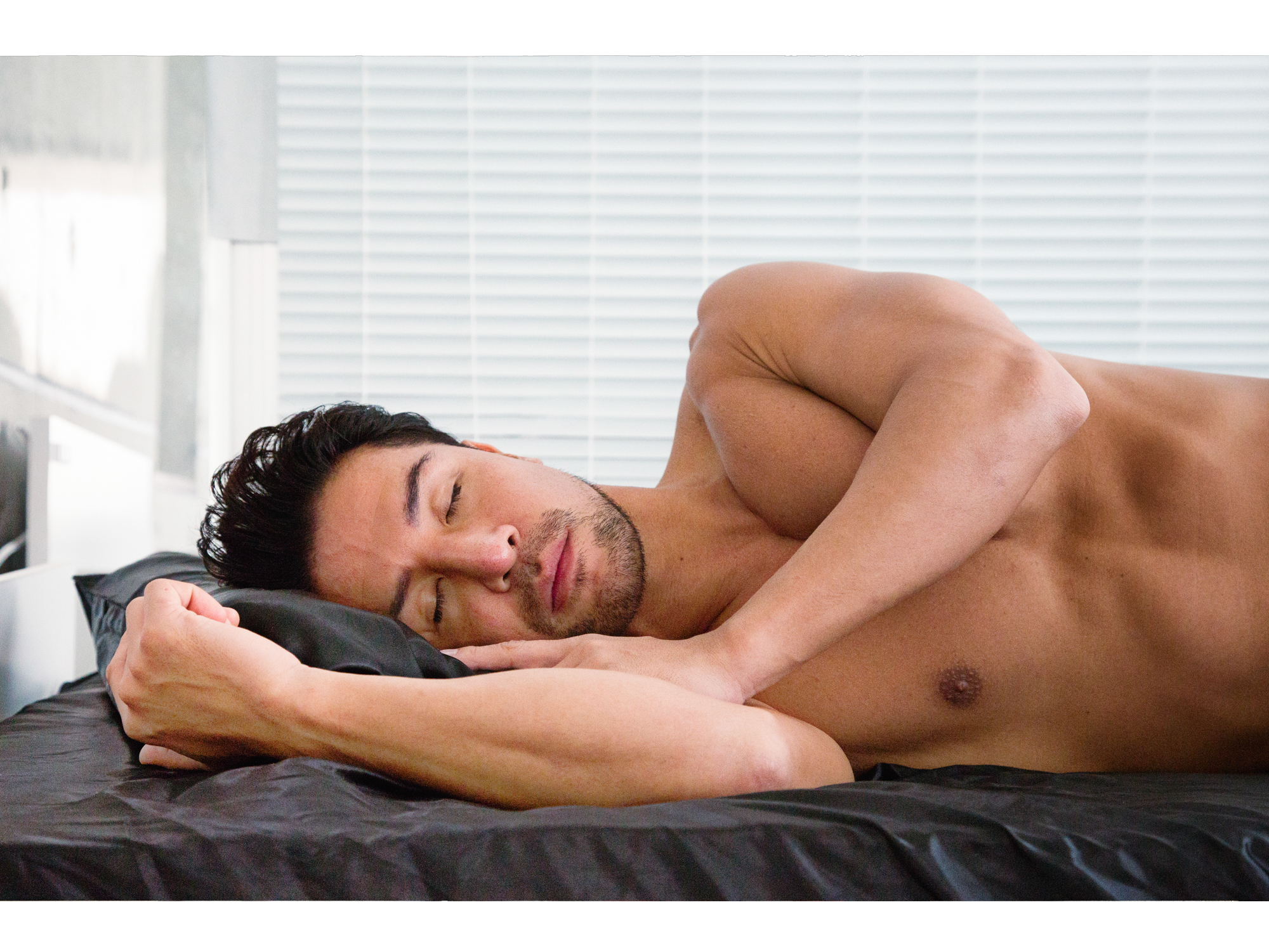hammer house blog
The Connection Between Sleep and Exercise Performance

In the quest for better fitness and athletic prowess, people often focus on exercise routines, diet plans, and supplements. However, one vital element that's sometimes overlooked but holds a profound impact on your fitness journey is sleep. The connection between sleep and exercise performance is undeniable and crucial for achieving your fitness goals. In this article, we'll explore this crucial relationship and provide insights into how a good night's sleep can be your secret weapon in the gym.
The Science of Sleep
Before we dive into the connection between sleep and exercise, let's briefly understand the science of sleep. Sleep is not merely a passive state; it's a complex and highly active process that plays a pivotal role in your physical and mental well-being. There are two main stages of sleep: Rapid Eye Movement (REM) and Non-Rapid Eye Movement (NREM), each serving distinct functions.
During NREM sleep, your body repairs and regrows tissues, strengthens the immune system, and supports physical health. REM sleep, on the other hand, is essential for cognitive functions, memory consolidation, and mental clarity.
Sleep and Exercise Performance
Now, let's explore how sleep influences your performance at the gym or during any physical activity:
- Muscle Recovery: When you work out, you create tiny tears in your muscle fibers. During deep sleep, the body releases growth hormone, which aids in repairing and rebuilding these muscle tissues. Inadequate sleep disrupts this process, leading to slower recovery and muscle soreness.
- Energy Levels: A good night's sleep replenishes your energy stores. Without proper rest, you'll likely experience fatigue and reduced endurance during exercise, hampering your ability to push yourself.
- Hormone Balance: Sleep plays a vital role in regulating hormones related to appetite and metabolism. Poor sleep can lead to an increase in ghrelin (the hunger hormone) and a decrease in leptin (the hormone that makes you feel full), potentially causing overeating and weight gain.
- Mental Focus and Coordination: Sleep is essential for cognitive functions such as decision-making, problem-solving, and coordination. A lack of sleep can impair your ability to perform complex exercises and maintain proper form.
- Injury Prevention: Fatigue and reduced alertness due to sleep deprivation increase the risk of accidents and injuries during workouts.
Tips for Enhancing Sleep Quality
Now that we've established the importance of sleep for exercise performance, here are some tips to help you get the rest you need:
- Prioritize Sleep: Make sleep a priority in your daily routine. Aim for 7-9 hours of quality sleep per night.
- Create a Sleep-Friendly Environment: Ensure your bedroom is dark, quiet, and cool. Invest in a comfortable mattress and pillows.
- Establish a Routine: Go to bed and wake up at the same time each day, even on weekends. This helps regulate your body's internal clock.
- Limit Screen Time: Reduce exposure to screens (phones, tablets, computers, TV) at least an hour before bedtime. The blue light emitted from screens can disrupt your sleep cycle.
- Avoid Caffeine and Heavy Meals Before Bed: Refrain from consuming caffeine and large meals close to bedtime.
- Relaxation Techniques: Engage in relaxation practices such as deep breathing, meditation, or gentle stretching before bed to calm your mind and prepare your body for sleep.
In the pursuit of fitness goals, remember that sleep is not a passive activity but a critical component of your overall well-being. Recognizing and prioritizing the connection between sleep and exercise performance can lead to improved results, faster recovery, and a healthier, more balanced life. So, make sleep a non-negotiable part of your fitness routine and watch as it becomes your secret weapon in achieving your fitness dreams.
See you in “the House” real soon!
